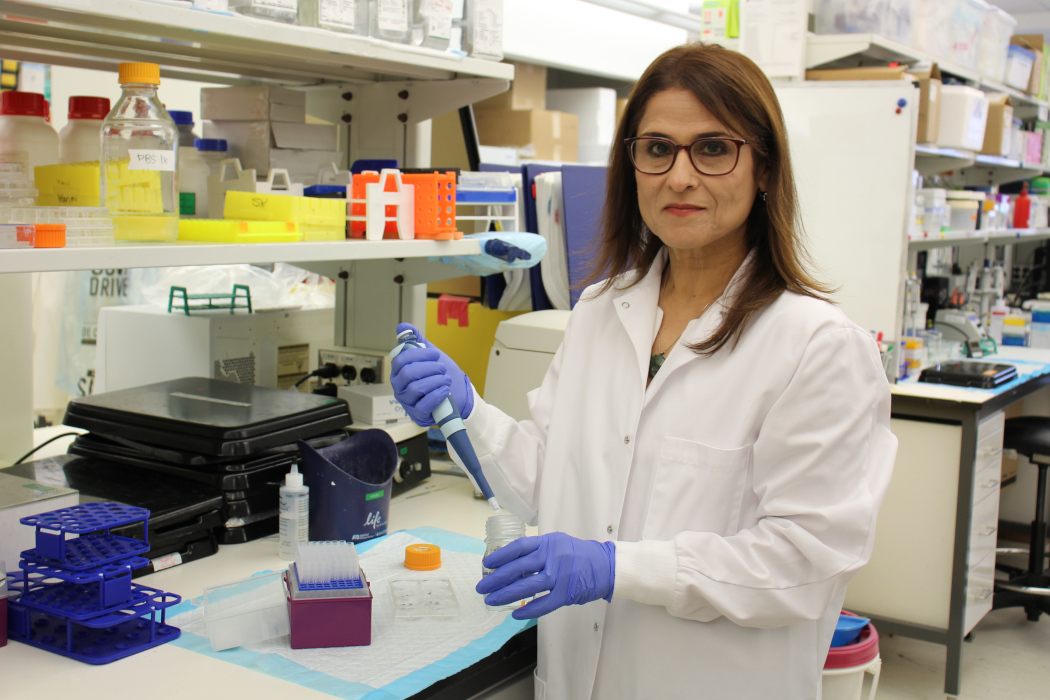
Dr. Soheila Karimi, professor of physiology and pathophysiology, Max Rady College of Medicine, received more than $1.1 million from CIHR to study a potential new treatment for progressive multiple sclerosis.
Rady Faculty researchers receive more than $8.3 million in CIHR funding
Researchers from the Rady Faculty of Health Sciences have been awarded more than $8.3 million in the latest round of Canadian Institutes of Health Research (CIHR) project funding.
The funding for 10 UM research projects was awarded through the CIHR’s Project Grant Program, which is designed to support ideas with the greatest potential to advance health research, health-related fundamental or applied knowledge, health systems, health care or health outcomes.
“Congratulations to the individuals from the Rady Faculty that secured funding for their important research,” said Dr. Mario Pinto, UM vice-president (research and international). “I’m thrilled to see that three of the teams were ranked No. 1 by their respective peer review committees. This demonstrates the leading-edge health research being conducted at UM.”
Dr. Peter Nickerson, dean of the Rady Faculty of Health Sciences, said the projects also reflect the diversity of health research taking place at UM.
“The studies are led by scientists from many different fields – from community health sciences to oral biology to pharmacology and therapeutics. This funding will help our researchers carry out their projects which will inevitably have an impact on the health of Manitobans, Canadians and people around the world,” Nickerson said.
One of the UM grant recipients is Dr. Soheila Karimi, professor of physiology and pathophysiology, Max Rady College of Medicine, and founding director of the Manitoba Multiple Sclerosis Research Centre. She and her team received $1,143,675 over five years to study what could one day be a new treatment for progressive multiple sclerosis (MS).
“MS happens when the body’s immune system attacks and damages myelin, a protective layer around nerve fibers of the brain and spinal cord. My research group has identified that Neuregulin-1, which is an important protein for proper function of the brain and spinal cord, is depleted in MS lesions. We have strong evidence that Neuregulin-1 holds promise as a potential treatment to promote myelin repair in progressive MS when repair fails, resulting in increased neurological impairments,” said Karimi, who is also a researcher with the Children’s Hospital Research Institute of Manitoba (CHRIM).
Karimi’s project will evaluate Neuregulin-1 as a future treatment to prevent the progression of MS and support tissue repair. A new treatment is much needed, Karimi said, because Canada is home to the world’s highest prevalence of MS and current medications are minimally effective for the progressive phase of the disease.
“We are really hoping that this research will set the groundwork for conclusive findings which would justify going to clinical trials, especially for progressive MS, because there is a critical treatment gap,” Karimi said.
Learn about the other UM projects funded through the latest round of CIHR’s Project Grant Program. More information about the research teams and the work they’ll be doing is available here.
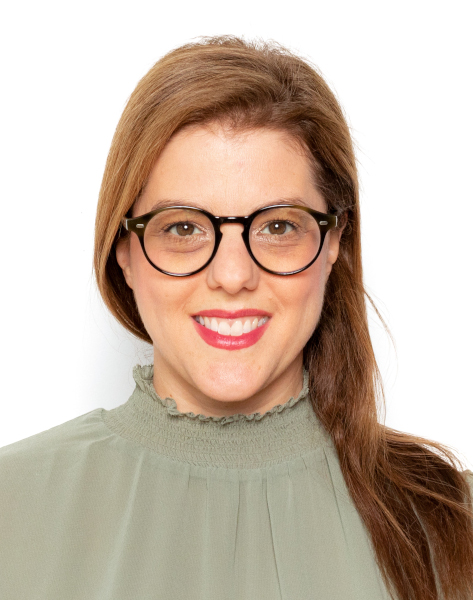 Dr. Tracie Afifi, professor of community health sciences, Max Rady College of Medicine; Canada Research Chair in childhood adversity and resilience; researcher, CHRIM
Dr. Tracie Afifi, professor of community health sciences, Max Rady College of Medicine; Canada Research Chair in childhood adversity and resilience; researcher, CHRIM
Grant: $100,000 (one year)
Afifi will focus on updating and expanding her 10-year-old study related to child maltreatment across Canada. The team will update national and provincial prevalence of child abuse statistics and aim to understand the experiences of child abuse among those with different gender and sexual identities and how this impacts mental health and substance use outcome across age groups.
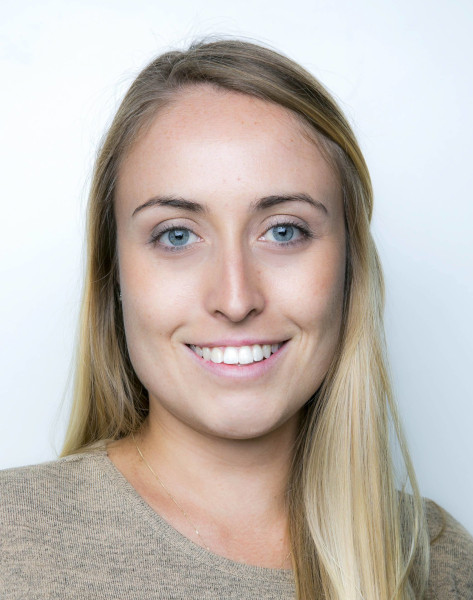 Dr. Heather Armstrong, assistant professor of internal medicine, Max Rady College of Medicine; Canada Research Chair in integrative bioscience; researcher, CHRIM
Dr. Heather Armstrong, assistant professor of internal medicine, Max Rady College of Medicine; Canada Research Chair in integrative bioscience; researcher, CHRIM
Grant: $814,725 (five years)
Armstrong’s team will study the reasons why some dietary fibres are not well tolerated in patients with inflammatory bowel diseases (IBD). She hopes these findings support development of personalized dietary fibre guidelines for IBD patients, based on the individual’s gut and microbiome health to ensure only safe fibres are consumed, therefore promoting improved microbe and gut health.
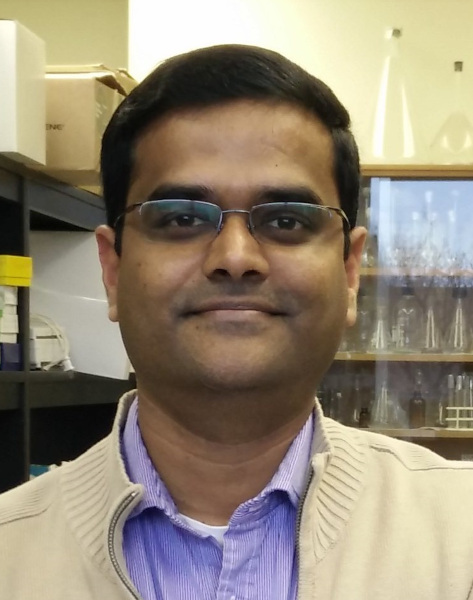 Dr. Prashen Chelikani, professor of oral biology, Dr. Gerald Niznick College of Dentistry
Dr. Prashen Chelikani, professor of oral biology, Dr. Gerald Niznick College of Dentistry
Grant: $1,319,625 (five years)
Chelikani and the team will work to understand why some dental fungi are associated with tooth decay in preschool children and the local environmental factors that might influence them. This research on the dental mycobiome associated with severe tooth decay will assist with the development of new tooth decay prevention strategies for young Indigenous children.
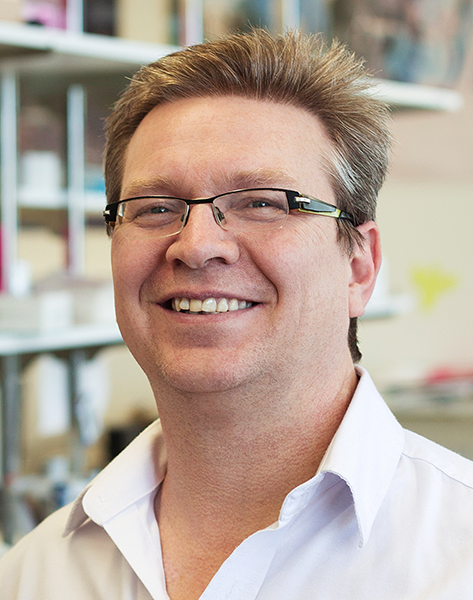 Dr. Keith Fowke, department head and professor of medical microbiology and infectious diseases, Max Rady College of Medicine
Dr. Keith Fowke, department head and professor of medical microbiology and infectious diseases, Max Rady College of Medicine
Grant: $956,250 (five years)
Fowke will partner with organizations and community members in Nairobi, Kenya, to better understand the immune system among women who clear human papilloma virus (HPV) infection. The project aims to identify the immune cells that are important in the natural clearance of HPV with the goal of identifying these HPV clearance associated immune factors that are important for a therapeutic HPV vaccine to mimic.
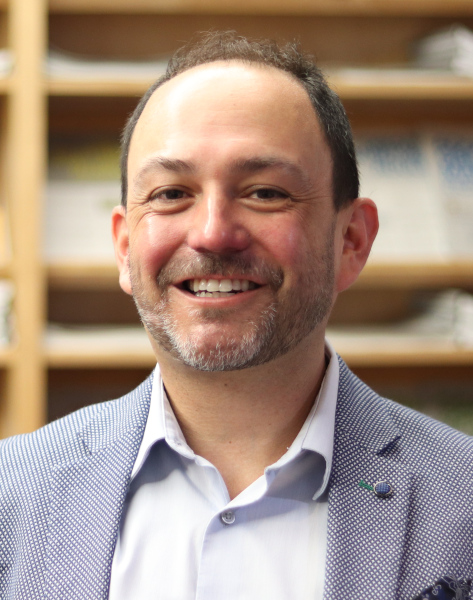 Dr. Nathan Nickel, associate professor of community health sciences, Max Rady College of Medicine; director and senior research scientist, Manitoba Centre for Health Policy; researcher, CHRIM
Dr. Nathan Nickel, associate professor of community health sciences, Max Rady College of Medicine; director and senior research scientist, Manitoba Centre for Health Policy; researcher, CHRIM
Grant: $577,574 (three years)
In partnership with the Manitoba Métis Federation, Nickel and his team’s study will shed light on whether a Manitoba Health campaign that promoted the importance of childhood vaccinations improved childhood vaccination among Métis families. The study’s findings will support the development of strategies aimed at keeping childhood vaccination rates high in Manitoba as well as nation-specific strategies for Red River Métis citizens.
 Dr. Christopher Pascoe, assistant professor of physiology and pathophysiology, Max Rady College of Medicine; researcher, CHRIM
Dr. Christopher Pascoe, assistant professor of physiology and pathophysiology, Max Rady College of Medicine; researcher, CHRIM
Grant: $784,125 (five years)
Pascoe seeks to better understand why exposure to diabetes during pregnancy makes airways twitchier in asthma. The team will learn whether reducing blood glucose levels during pregnancy is an effective way to prevent changes from occurring and this information may allow them the ability to stop asthma in children exposed to diabetes from developing before it’s a problem that requires treatment.
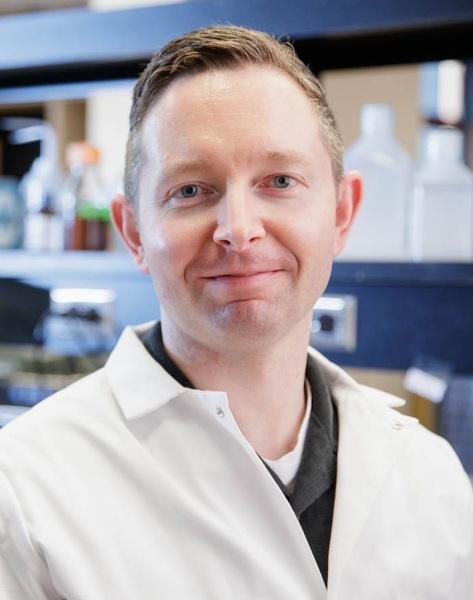 Dr. Joel Pearson, assistant professor of pharmacology and therapeutics, Max Rady College of Medicine; researcher, Paul Albrechtsen Research Institute, CancerCare Manitoba
Dr. Joel Pearson, assistant professor of pharmacology and therapeutics, Max Rady College of Medicine; researcher, Paul Albrechtsen Research Institute, CancerCare Manitoba
Grant: $983,025 (five years)
Pearson will lead a study aimed at understanding the underlying causes of small cell lung cancer (SCLC) and how non-small cell lung cancer can change to SCLC. This research will help them identify new and improved treatments for SCLC so patients living with this cancer will have longer lives and better outcomes.
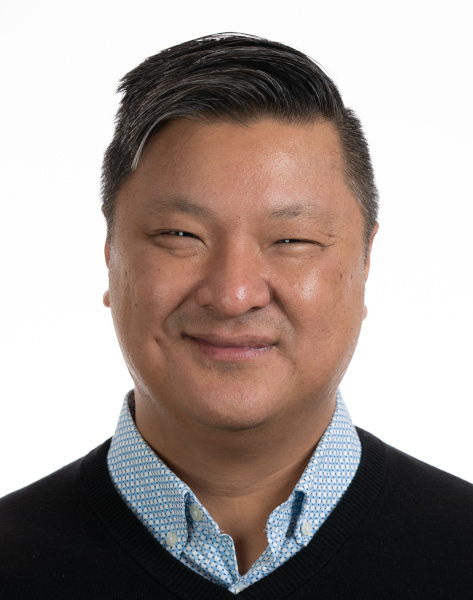 Dr. Souradet Shaw, assistant professor of community health sciences, Max Rady College of Medicine; Canada Research Chair in program science and global public health
Dr. Souradet Shaw, assistant professor of community health sciences, Max Rady College of Medicine; Canada Research Chair in program science and global public health
Grant: $883,576 (four years)
Shaw’s study seeks to develop a deeper understanding of trends, determinants and responses to sexually transmitted and bloodborne infections (STBBI) in Manitoba over a 30-year period. Collaborations between community, public health and academics will be at the forefront of this project, with the goal of co-learning and co-designing interventions to ensure no one is left behind while addressing current and future STBBI outbreaks.
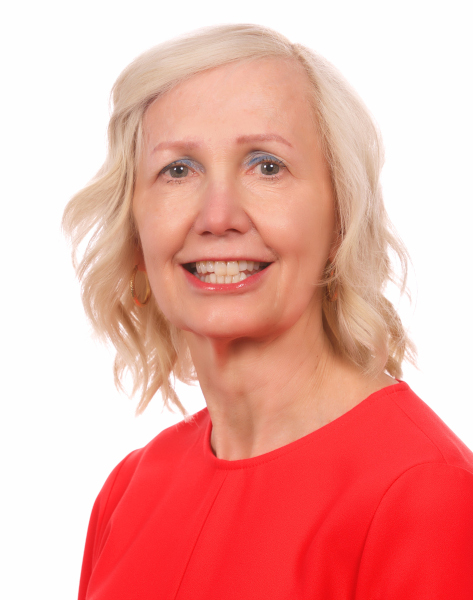 Dr. Roberta Woodgate, distinguished professor of nursing, College of Nursing; Canada Research Chair in child and family engagement in health research and healthcare; researcher, CHRIM
Dr. Roberta Woodgate, distinguished professor of nursing, College of Nursing; Canada Research Chair in child and family engagement in health research and healthcare; researcher, CHRIM
Grant: $768,824 (four years)
Woodgate will lead a study to gather evidence to inform the co-design of policies and research priorities meant to enhance the health and well-being of young people who care for family members or other loved ones. Young carers will co-design the policy recommendations and research priorities by gathering evidence grounded in their experiences and providing them with a leadership role in the process.






